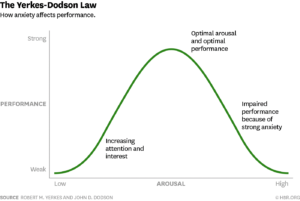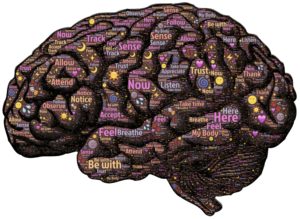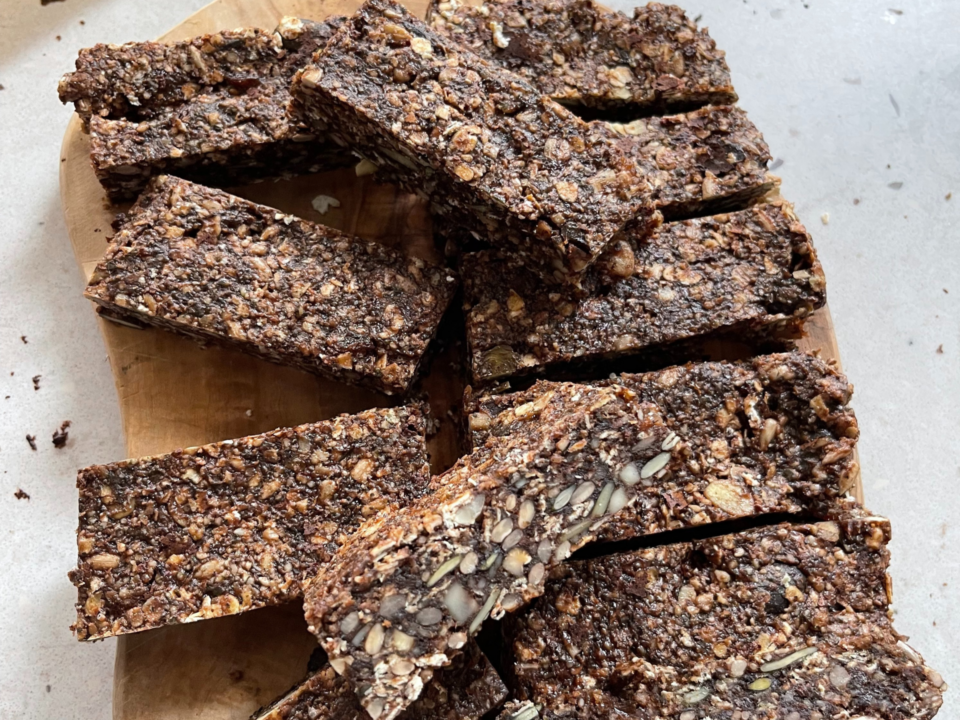Summary
- The aim each day is to have the ability to perform tasks to your physical and mental best
- The right amount of stress (sweet spot) causes desirable physical/mental adaptations
- Chronic stress is unsustainable and you need to have strategies built into your lifestyle to manage it
What are mental skills and why are they important?
- Having the ability to fulfil your physical and mental potential on a daily basis
- Enables us to feel positive, confident and content in life
Mental skills and wellbeing are key pillars for health and performance. The aim should be to invest in activities that benefit your mental health, performance and wellbeing the same way you would with your nutrition, sleep and exercise.

Managing stress which is a normal part of life is another key element of your mental skills. Stress can be defined as a physiological and psychological reaction of the body toward an event, circumstance or situation and is commonly termed a “stressor.” The stressor can be perceived generally as either challenging or threatening. We all have things that challenge us day to day in work or sport, it’s how we manage this that is important.
It is critical to appreciate that a certain level of stress is a normal part of life. The aim is to avoid this impacting your health or well-being in a negative way and maintain a healthy level of stress that optimises performance.

Teigen, K.H., 1994. Yerkes-Dodson and graph taken from Harvard Business Review
Having a consistent strategy built into your routine each day or week will allow you to:
- Improve your mental skills and ability to concentrate and focus
- Understand behaviour change for improvements in lifestyle and habits
- Build high performance habits to allow you to consistently perform to your potential
- Improve your nutrition for consistent energy
- Eat the right foods for mental focus
Become more resilient in your everyday life
Here are the key elements for improving your mental skills on a daily basis. They may sound simple but if practiced consistently they can have a profound positive impact on your wellbeing and performance.
- Maintain a positive attitude, particularly when faced with a stressful situation
- Set realistic goals that are challenging but achievable
- Build your discipline ‘muscle’ by committing to your goals
- Deal with people positively and effectively
- Practice positive self-talk daily
- Build positive mental imagery into your daily routine
- Mange stress through exercise, music, cooking, laughter and other personal hobbies
- Build and strengthen concentration by using mindfulness meditation
- Practice being present by focusing on your breathing and breathing exercises

References
Teigen, K.H., 1994. Yerkes-Dodson: A law for all seasons. Theory & Psychology, 4(4), pp.525-547.







